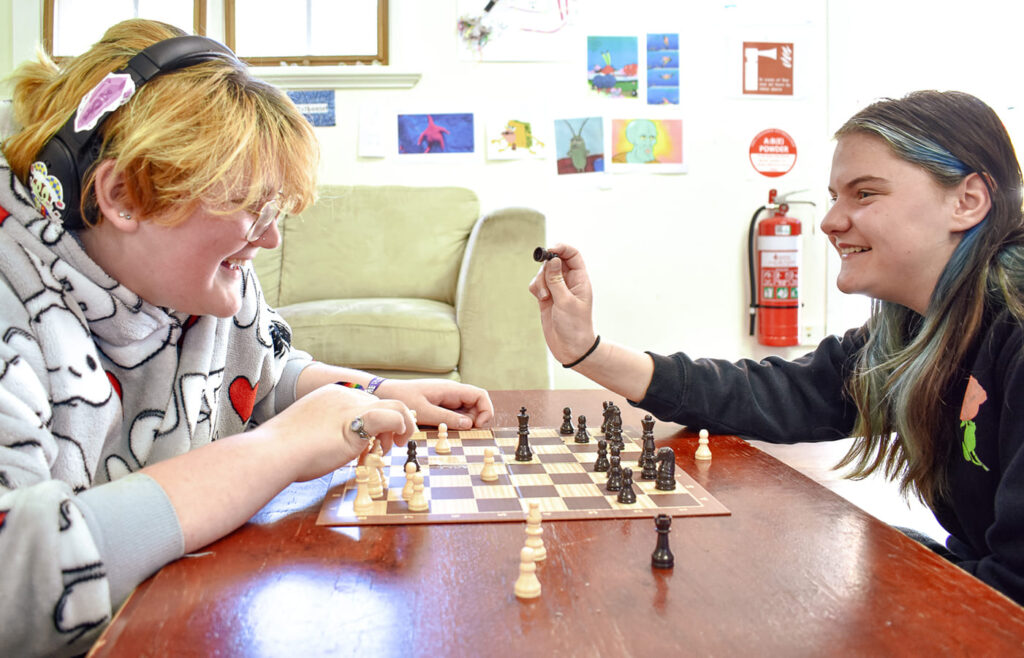Literacy skills are fundamental to education, shaping students’ academic achievements, career prospects, and social development. These skills—encompassing reading, writing, speaking, and comprehension—form the foundation for learning across all subjects and levels. Strong literacy abilities empower individuals to engage fully in society, while poor literacy skills can hinder progress and limit opportunities.
The Role of Literacy in Academic Achievement
At its core, literacy underpins every aspect of education. Students need to read instructions, understand textbooks, and express their knowledge through writing. Without these essential skills, accessing the curriculum becomes a significant challenge.
Early Literacy Development
The early years of a child’s education are critical for building literacy skills. Young learners who develop strong reading and writing abilities in primary school are better equipped to handle the increasing complexity of subjects as they progress. Conversely, students who struggle in their early years often face ongoing difficulties, as gaps in literacy make it harder to keep up.
Literacy Across All Subjects
While literacy is most closely associated with English classes, its importance extends to every subject. In mathematics, students must read word problems and explain their reasoning. In science, they need to understand technical terms and write clear lab reports. Even practical subjects like design or hospitality require literacy to follow instructions and communicate effectively.
When literacy skills are strong, students can engage more fully with the curriculum, unlocking their potential across all areas of study.

Literacy as a Tool for Personal Growth
Beyond academic success, literacy contributes to personal development. It shapes how individuals think, communicate, and interact with the world.
Critical Thinking and Problem Solving
Reading and writing are not just about consuming or sharing information. They help students analyse, interpret, and evaluate ideas. These skills are essential for critical thinking, allowing learners to question assumptions and solve problems creatively.
Building Confidence and Independence
Strong literacy skills also boost self-esteem. When students can express their ideas clearly, they feel more confident in discussions, presentations, and other collaborative activities. This confidence fosters independence, preparing them for life beyond school.
Social and Emotional Development
Literacy plays a role in understanding and managing emotions. Reading stories, for example, can improve empathy by exposing students to different perspectives and experiences. Similarly, writing can be a powerful tool for self-expression, helping young people process their feelings and experiences.
Literacy and Future Opportunities
The importance of literacy extends far beyond the classroom. In the modern world, literacy is a key driver of employability and lifelong learning.
Career Readiness
Employers value communication skills highly, and literacy is central to this. From writing professional emails to interpreting technical documents, workers rely on literacy in almost every role. Those with strong literacy skills are more likely to secure stable employment and advance in their careers.
Adaptability in a Changing World
In today’s digital age, literacy is about more than just reading and writing. It includes digital literacy—the ability to navigate, evaluate, and create content using technology. This expanded definition of literacy equips individuals to adapt to rapid technological advancements, a critical skill in a dynamic workforce.
Empowering Lifelong Learning
Literacy is essential for ongoing education, whether formal or informal. Adults who maintain strong literacy skills can continue to learn, whether it’s through professional development courses, community programs, or independent study.
The Broader Impact of Literacy on Society
When individuals have strong literacy skills, the benefits ripple out to society as a whole. Literacy contributes to social inclusion, economic growth, and improved health outcomes.
Breaking the Cycle of Disadvantage
Communities with high literacy rates often experience lower levels of poverty and inequality. Education provides a pathway out of disadvantage, and literacy is the first step on that journey. For example, programs like Fairbridge Education’s efforts to support young people demonstrate the power of literacy in transforming lives.
Economic Growth
A literate workforce drives economic progress. Skilled workers are more productive, innovative, and capable of meeting the demands of modern industries. Literacy education is therefore an investment in a nation’s economic future.
Health and Wellbeing
Literacy also affects public health. People with strong literacy skills are better able to access, understand, and act on health information. They can navigate healthcare systems, follow medical instructions, and make informed decisions about their wellbeing.

Tackling Literacy Challenges
While the importance of literacy is clear, achieving widespread literacy remains a challenge. Many students face barriers such as learning difficulties, lack of resources, or limited support at home.
Supporting Struggling Readers
Tailored interventions can help students who are falling behind. These might include one-on-one tutoring, specialised reading programs, or the use of assistive technology. Schools and educators play a vital role in identifying struggling readers early and providing the support they need.
Engaging Families and Communities
Parents and carers are key partners in developing literacy. Encouraging reading at home, limiting screen time, and modelling good communication skills can all make a difference. Community programs, like those offered at Fairbridge College, also create opportunities for learners to engage with literacy in meaningful ways.
Promoting a Love of Reading
One of the most effective ways to improve literacy is to make it enjoyable. When students associate reading with pleasure rather than pressure, they are more likely to practise and improve. Schools can foster this by offering diverse reading materials and creating engaging literacy activities.
Conclusion: Literacy as the Foundation of Education
Literacy skills are the bedrock of education, influencing every subject, stage, and outcome. They empower individuals to succeed academically, grow personally, and contribute to society. By investing in literacy education and supporting those who struggle, we can ensure a brighter future for individuals and communities alike.
At its heart, education is about opportunity—and literacy is the key to unlocking it.













